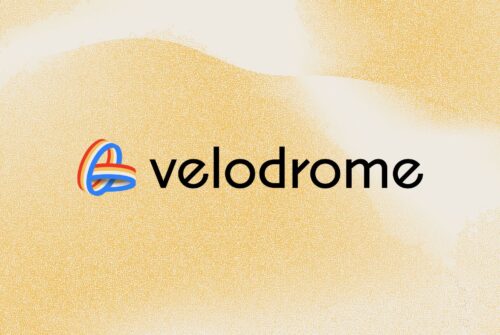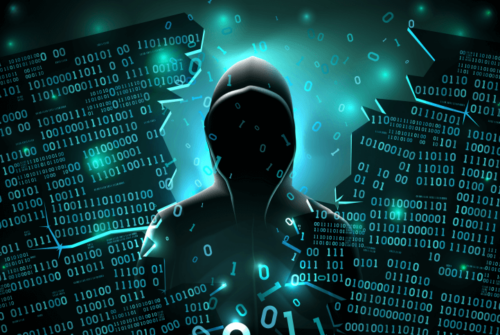
The Congressional Research Service has released a report that examines, among other things, the potential advantages and disadvantages of pursuing blockchain-based solutions for the energy sector.
The Congressional Research Service released their findings in a report on Aug. 9, entitled “Bitcoin, Blockchain, and the Energy Sector.”
In its report, the research group noted that launching a blockchain solution which allows consumers to purchase energy services within a distributed system, in particular, could make for an energy system that is more transparent, efficient and flexible for the consumer. However, releasing such a service also comes with potential issues related to distribution control as well as cybersecurity.
The report cites a survey conducted by the Electric Power Research Institute, which lends some insight and credence to these claims. In the survey, 77% of respondents apparently said that the energy sector lacks appropriate standards for implementing blockchain solutions.
Nonetheless, utilities in the United States are said to be conducting research or pilot stages for blockchain programs, while some European utilities have been using blockchain tech for over one year.
Problems for the U.S. arise in particular, since state and federal bodies have different responsibilities with respect to energy laws. The report notes that states usually have jurisdiction over retail electricity transactions, while the Federal Energy Regulatory Commission presides over wholesale electricity transactions and transmissions for interstate commerce. Thus, it’s critical for the sector to have regulatory clarity on whether distributed energy transactions would be counted as resale or wholesale enterprises, as per the report.
The U.S. Department of Energy (DOE) has recently awarded a grant in the amount of $1.05 million to four organizations working to create a commercial, blockchain-based energy transaction platform. The four companies are ComEd, the University of Denver, Virginia Tech and BEM Controls. Dr. Amin Khodaei at the University of Denver commented:
“The growing proliferation of distributed energy resources calls for advanced management frameworks that support peer-to-peer communications while being fast, scalable and secure […] Now is the time to develop and demonstrate the technologies that can make a more sustainable and resilient future possible.”
Subscribe to our groups in Facebook and Telegram and stay up to date.





